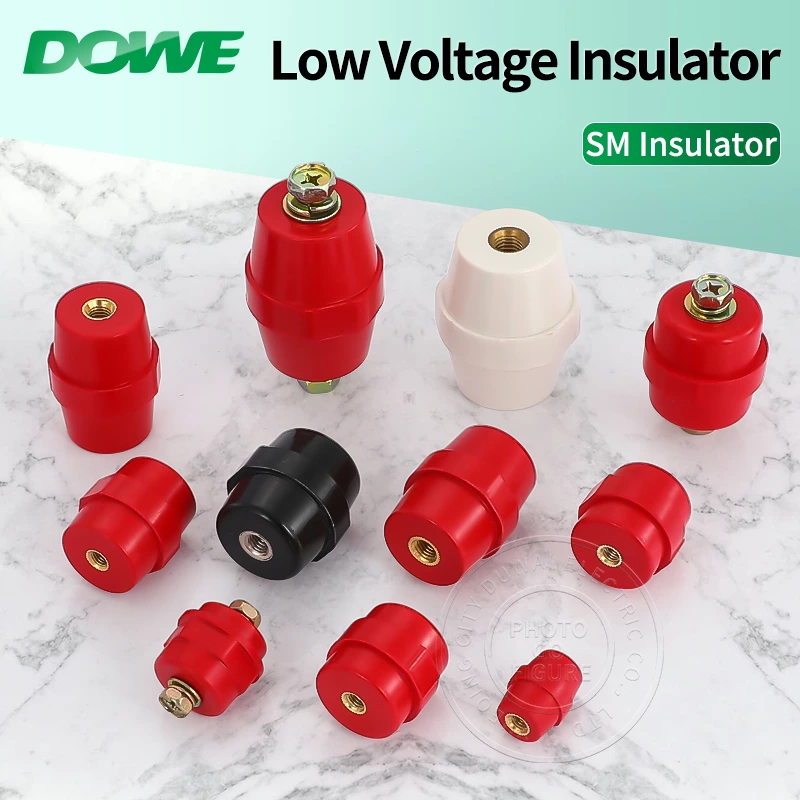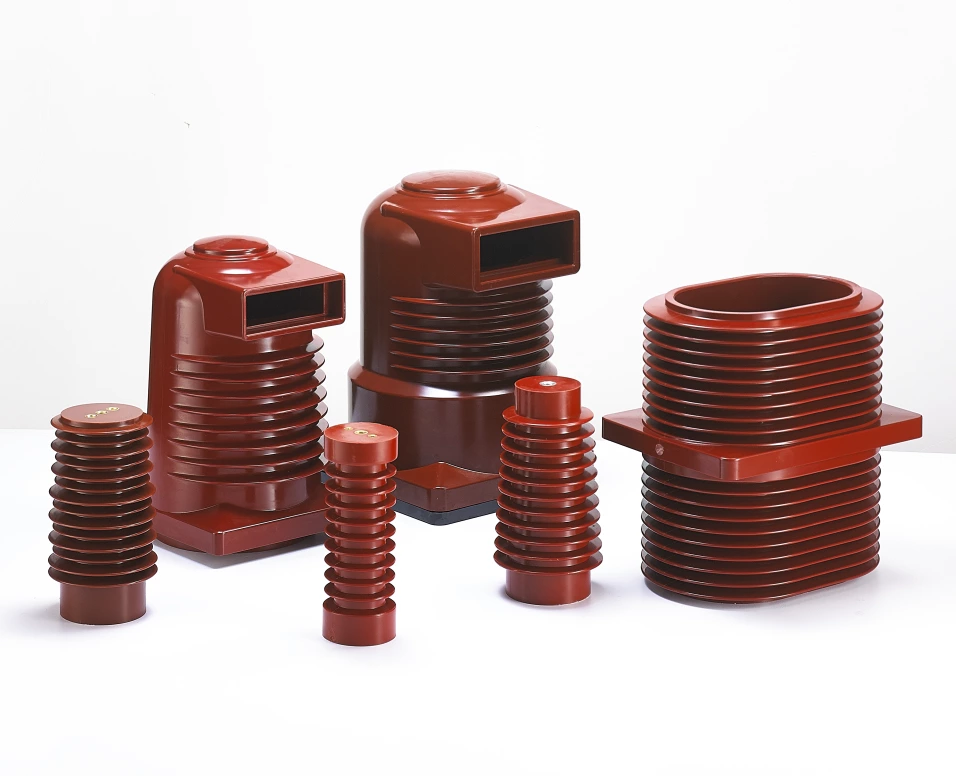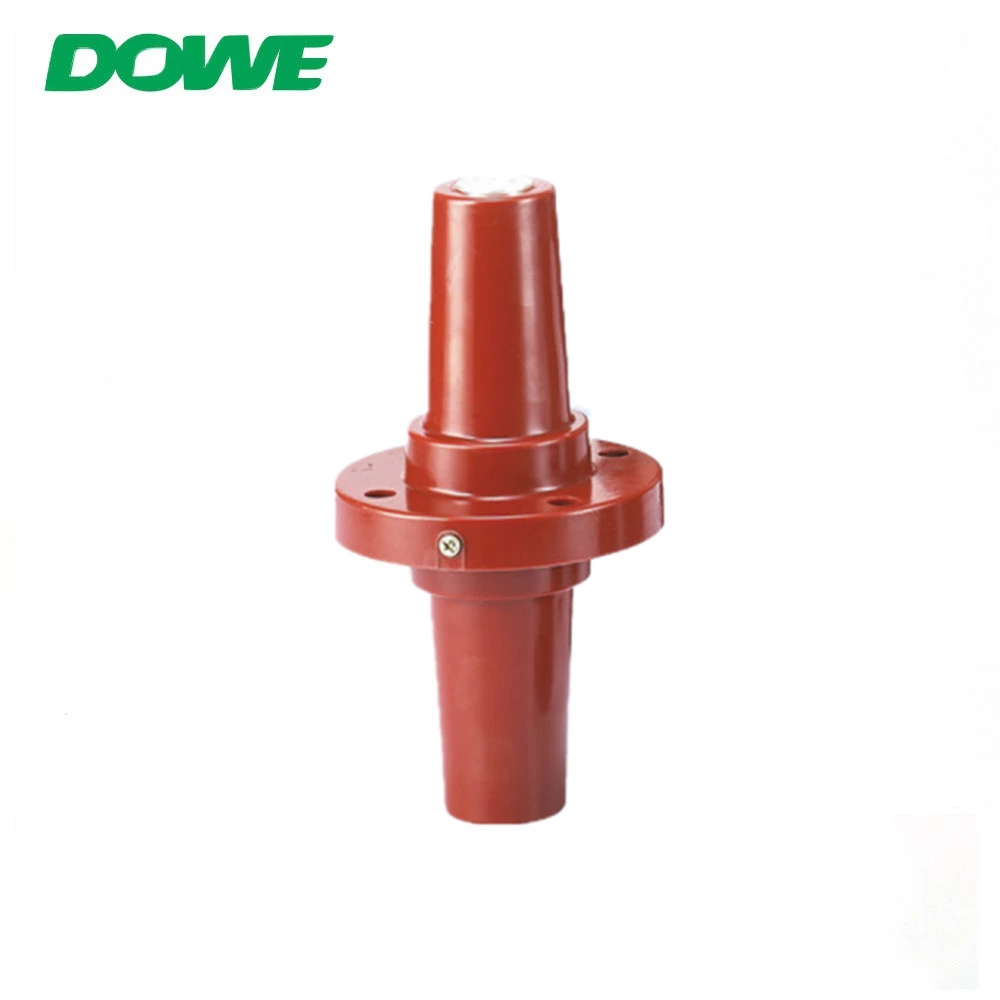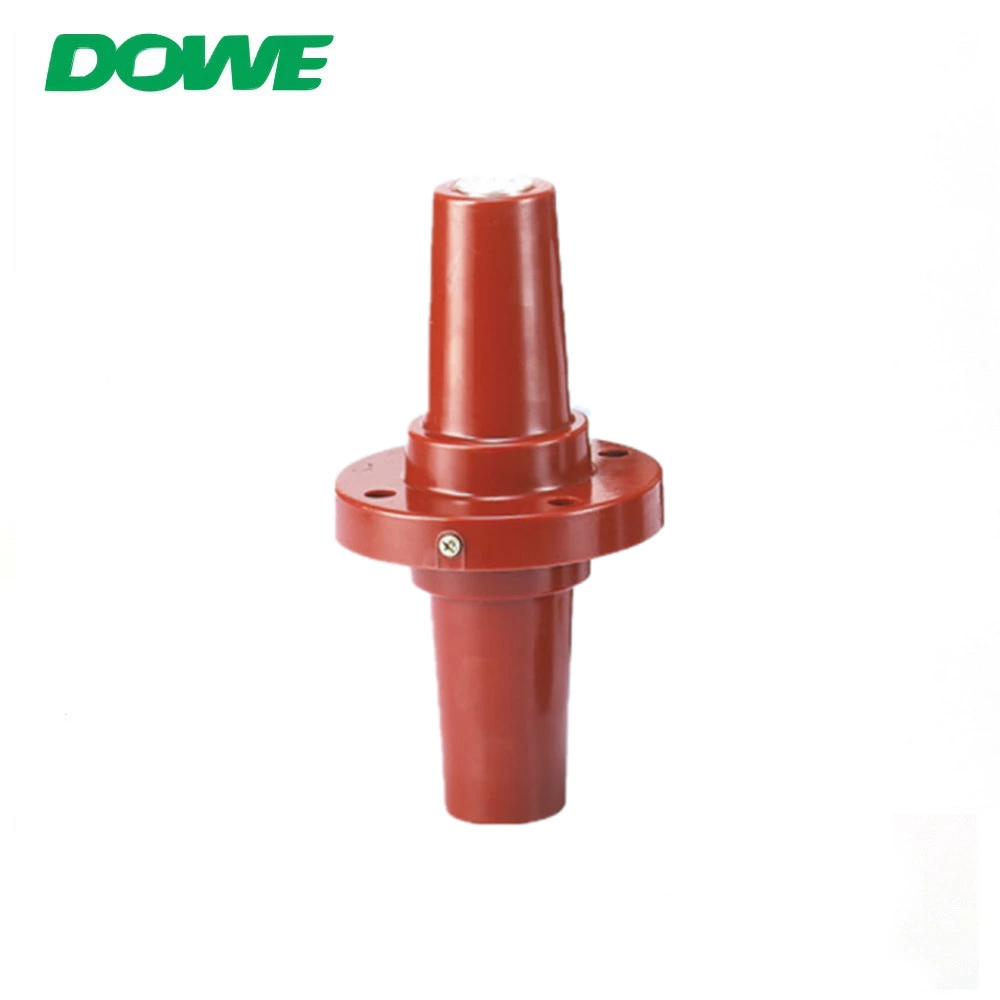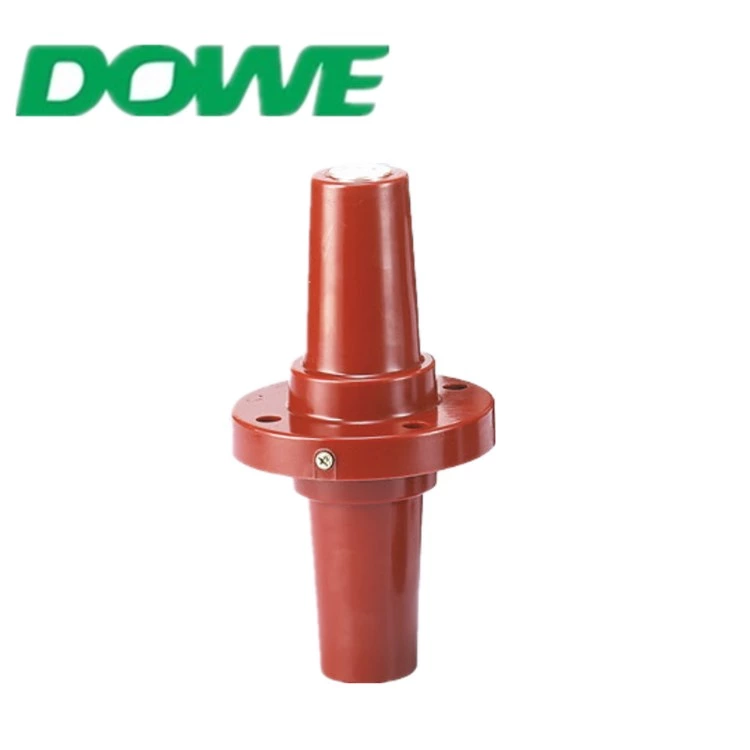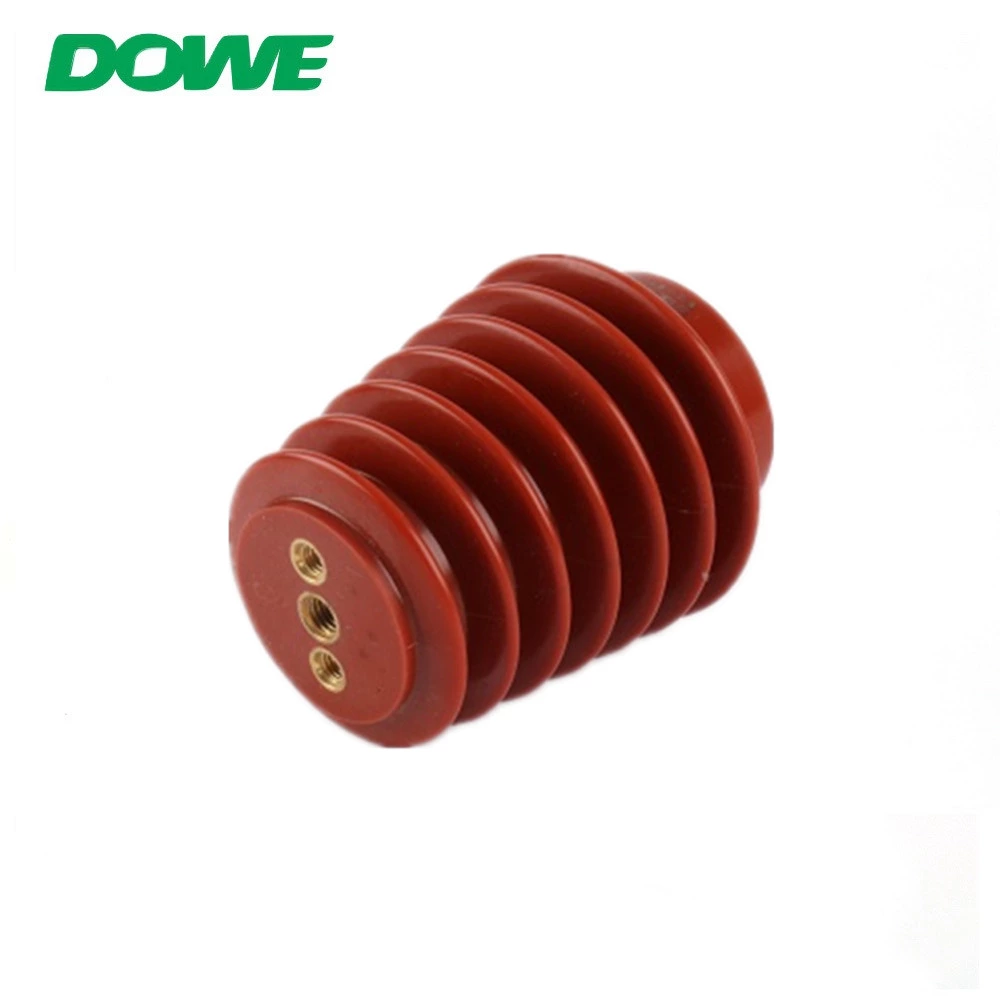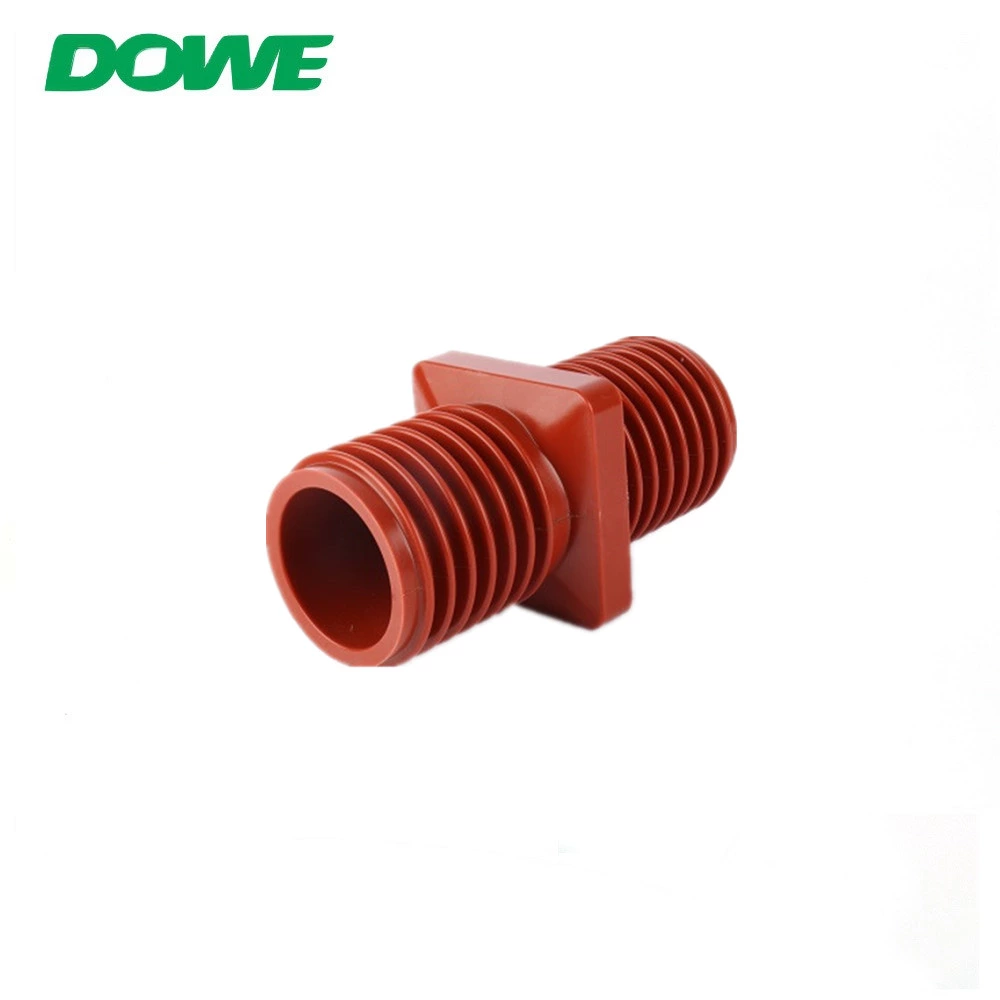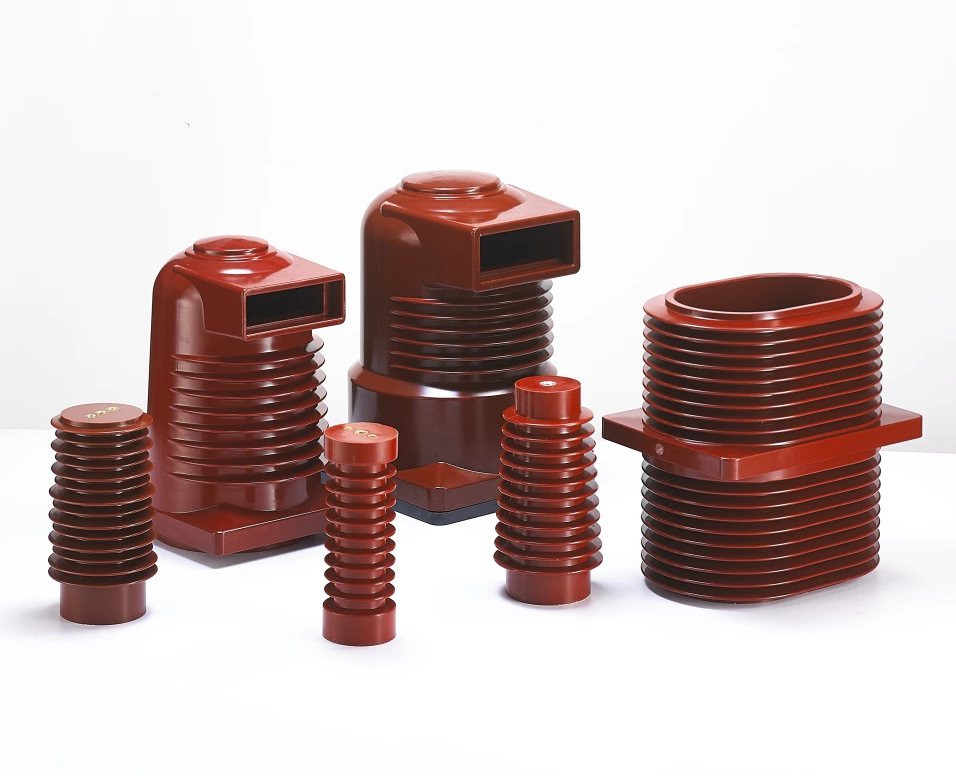Which Busbar Support Insulator Manufacturer Offers the Best Quality for Your Needs?

Choosing a reliable busbar support insulator manufacturer is critical for ensuring the safety, durability, and efficiency of your electrical systems. With countless manufacturers available, finding the one that meets your unique needs can feel overwhelming. How do you ensure you're selecting the best option?
The best busbar support insulator manufacturer combines top-tier quality, compliance with international standards, customization capabilities, and excellent customer support.
In this guide, we’ll explore the key factors to consider when evaluating manufacturers and help you determine the best fit for your specific requirements.
[Table of contents]
- Why Does Manufacturer Selection Matter for Busbar Support Insulators?
- What Are the Key Factors to Evaluate in a Manufacturer?
- How Does Customization Capability Impact Your Choice?
- Why Are Certifications and Compliance Crucial?
- How Can Customer Support Influence Your Decision?
- Conclusion
Why Does Manufacturer Selection Matter for Busbar Support Insulators?
The quality of your busbar support insulators depends heavily on the manufacturer you choose. Poorly made insulators can lead to system failures, costly downtime, and even safety hazards in high-voltage environments. Industrial applications require reliable, high-quality products that perform consistently under demanding conditions.
Manufacturer selection directly impacts the durability, performance, and safety of your electrical setup.
An experienced and reputable manufacturer understands the complexities of industrial applications and designs products that meet or exceed international standards. Partnering with the right manufacturer ensures peace of mind, knowing that your electrical systems are supported by reliable components.
The Risks of Poor Manufacturer Selection
- Substandard Materials: Some manufacturers cut costs by using low-quality materials that degrade quickly or fail under stress.
- Inconsistent Quality: Without robust quality control systems, the performance of insulators may vary, leading to potential system failures.
- Lack of Certification: Insulators that don't comply with international standards may not provide adequate safety, especially in high-stakes industrial environments.
What Are the Key Factors to Evaluate in a Manufacturer?
Choosing the best manufacturer involves more than just comparing prices. It requires a detailed evaluation of several critical factors that influence the quality and reliability of their products.
1. Experience and Expertise
Manufacturers with decades of experience in producing busbar support insulators are often more reliable1. They understand industry trends, technical requirements, and customer needs better than newer companies. Look for manufacturers with a proven track record in supplying insulators to industries similar to yours.
2. Product Range
The best manufacturers offer a diverse range of products2 tailored to different applications, including high-voltage systems, harsh environments, and customized solutions. A wide product range indicates that the manufacturer can meet specific needs rather than providing one-size-fits-all solutions.
3. Quality Control Processes
Robust quality control ensures3 that every insulator meets the required specifications and performs reliably. Manufacturers that invest in thorough testing and inspection processes are more likely to deliver superior products.
Dive Deeper: Understanding Manufacturer Evaluation Metrics
| Factor | Why It Matters | What to Check |
|---|---|---|
| Experience | Indicates reliability and industry knowledge | Years in business, notable clients, case studies |
| Product Range | Shows ability to meet diverse needs | Availability of different materials and designs |
| Quality Control | Ensures consistent product performance | Certifications, testing methods, ISO standards |
How Does Customization Capability Impact Your Choice?
Industrial applications often have unique requirements, from specific load-bearing capacities to environmental challenges like extreme temperatures or chemical exposure. A manufacturer that offers customization4 can tailor insulators to meet your exact needs, ensuring optimal performance.
Customization capability reflects a manufacturer’s flexibility and technical expertise.
Benefits of Customization
- Fit-for-Purpose Design: Customized insulators are designed to align perfectly with your system's dimensions and load requirements.
- Enhanced Performance: Tailored solutions can handle specific challenges, such as high humidity or corrosive environments.
- Brand Compatibility: Some manufacturers offer branding options for large-scale buyers, such as including logos or custom packaging.
Real-World Examples of Customization
- A power plant in a coastal region may need insulators made from corrosion-resistant materials like fiberglass.
- A factory with limited installation space might require compact insulators with high mechanical strength.
Dive Deeper: How Manufacturers Customize Solutions
Top manufacturers often have advanced design teams that use 3D modeling software to create prototypes. They may also have rapid tooling capabilities, allowing them to produce samples for testing before large-scale production. Ensure your chosen manufacturer has the technical resources to provide these services.
Why Are Certifications and Compliance Crucial?
Certifications ensure5 that the manufacturer adheres to international safety and performance standards. These standards verify that the insulators will perform reliably in various conditions and provide adequate safety for industrial applications.
Certifications demonstrate that the manufacturer is committed to quality and compliance.
Key Certifications to Look For
- IEC Standards: The International Electrotechnical Commission (IEC) sets global standards for electrical components, including busbar support insulators.
- UL Certification: Underwriters Laboratories (UL) certification is particularly important in North America, ensuring compliance with safety regulations.
- ISO Certification: ISO 9001 certification indicates that the manufacturer has a robust quality management system.
Dive Deeper: The Importance of Testing
Manufacturers that comply with certifications often conduct rigorous testing, including:
- Mechanical Strength Testing: To ensure the insulator can withstand heavy loads and vibrations.
- Electrical Testing: To verify dielectric strength and resistance to electrical faults.
- Environmental Testing: To confirm performance in extreme conditions, such as high temperatures, humidity, or UV exposure.
Choosing a certified manufacturer reduces the risk of system failures and ensures regulatory compliance, which is especially important for international projects.
How Can Customer Support Influence Your Decision?
Customer support often reflects6 a manufacturer’s commitment to their clients. Strong support systems ensure that any issues are resolved quickly and that you have access to technical guidance throughout the purchasing process.
Good customer support ensures a smooth experience from initial inquiry to post-purchase assistance.
Indicators of Excellent Customer Support
- Pre-Sale Consultation: Manufacturers that offer technical advice during the selection process help you choose the right insulator for your needs.
- Post-Sale Support: Warranty policies, troubleshooting assistance, and replacement options indicate that the manufacturer stands behind their products.
- Communication: Quick responses to inquiries and transparent communication about delivery times and pricing are hallmarks of good support.
Dive Deeper: Evaluating Customer Support
| Support Aspect | Why It’s Important | How to Evaluate |
|---|---|---|
| Pre-Sale Consultation | Helps avoid costly selection mistakes | Ask for case studies or technical guides |
| Warranty Policies | Indicates manufacturer confidence in products | Review warranty terms and conditions |
| Communication | Prevents delays and misunderstandings | Assess response times and professionalism |
Conclusion
Finding the best busbar support insulator manufacturer involves evaluating factors like experience, product range, customization capabilities, certifications, and customer support. By partnering with a reputable manufacturer that meets these criteria, you can ensure your electrical system operates safely and efficiently.
When in doubt, prioritize manufacturers with a proven track record in your industry, robust quality control processes, and strong technical support. The right manufacturer will not only provide high-quality insulators but also peace of mind for your industrial applications.
-
Learn about established manufacturers with proven expertise in producing busbar support insulators to ensure reliability. ↩
-
Explore various insulator types to understand which might suit your specific needs. ↩
-
Understand the importance of quality control processes in ensuring consistent and high-performance insulators. ↩
-
Discover how customized insulators can enhance the performance and reliability of your systems. ↩
-
Verify why certifications are critical in ensuring product safety and compliance with international standards. ↩
-
Learn how excellent customer support can make a difference in pre- and post-purchase stages. ↩
